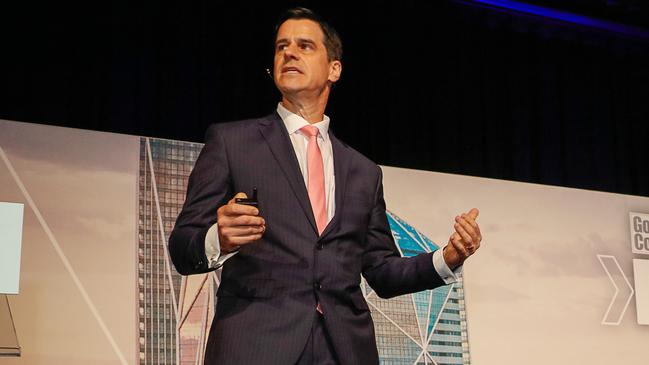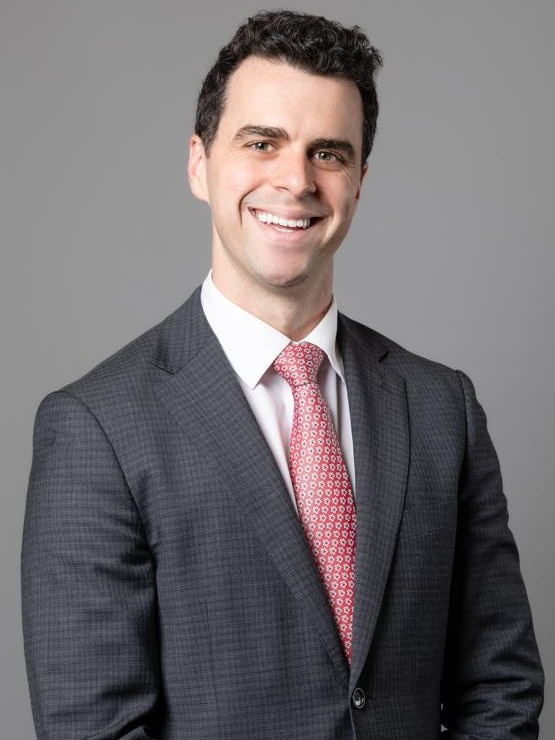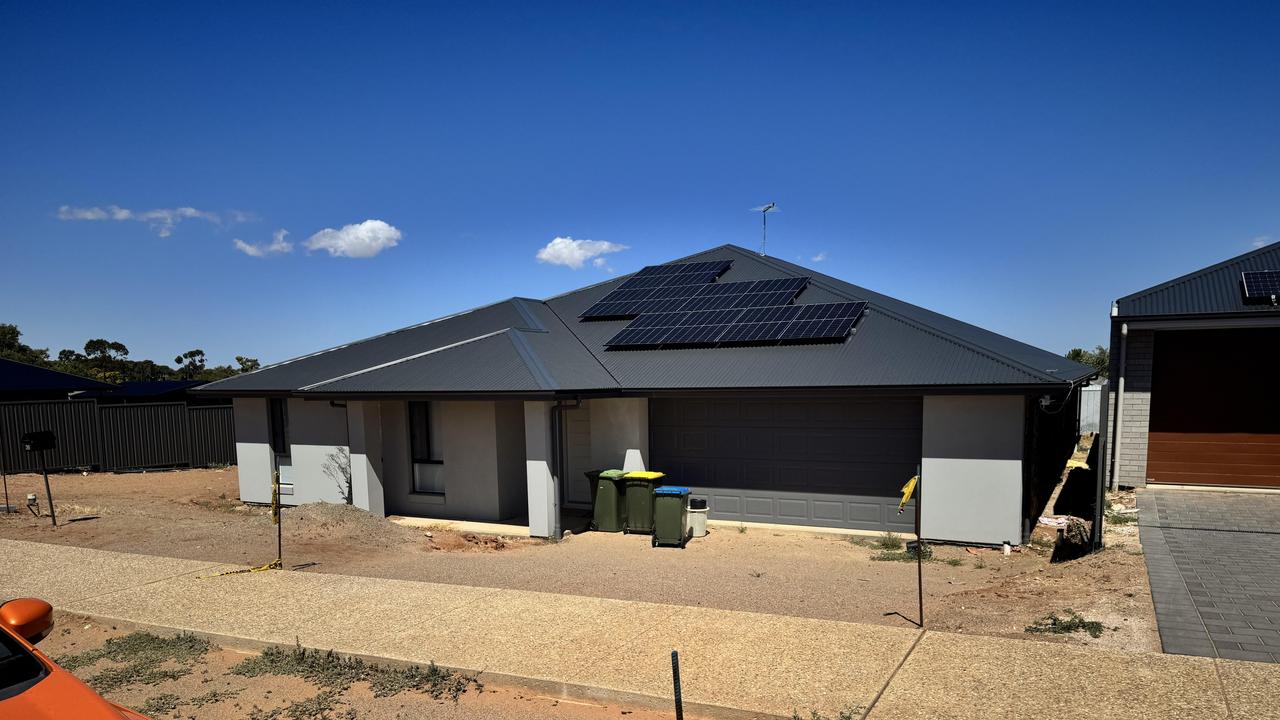Younger generations are more actively educating themselves about investment and finance
Don’t look now, but Australia’s youngest generations of investors are saving as well as spending.

The psychology of Australia’s youngest generations of investors is dramatically different from that of their parents and grandparents.
Social and behavioural specialists say the younger cohort thinks and acts differently from older generations – they study harder, take more risks and reflect new environments and trends in housing, technology and asset classes.
Generation Y, aged between 40 and 44, and Generation Z, aged 15 to 29, are often starting their financial lives later as they live at home for longer and take university degrees; the end result is that many are under pressure to play catch-up quickly.

This article is from The 2024 Barron’s Top 150 Financial Advisers magazine which is published in The Australian on November 21.
Social researcher Mark McCrindle says two words to describe the psychology of Gen Y and Z investors are “optimistic” and “proactive”.
He says younger people are more actively educating themselves about investment and finance, largely with the help of social media and other technologies.
“In the past there wasn’t easy access,” McCrindle says.
“They are educating themselves and they are higher risk-takers around investment.”
This often meant buying cryptocurrency and listening to social media influencers on platforms such as TikTok.

“In the past, investment was driven by risk minimisation and aversion – these generations are prepared to mix it up,” McCrindle says.
HSBC’s recent Investor Insights Survey found Gen Y and Z Australians invested in more volatile products, with a greater proportion owning cryptocurrency and non-fungible tokens (NFTs). And while their parents and grandparents prefer investing in financial stocks, they target technology companies, and put more of their monthly income into investing than do older generations.
HSBC Australia senior manager, investments, David Talbot says Gen Z are “quite financially active and willing to take on more risk when investing”.
“Given this generation is facing challenges accessing the housing market, they are taking it upon themselves to build wealth through methods more accessible to them, and allocating more of their income to do so,” Talbot says.
“Younger Australians should be cautious about volatile investment products and consider building a diversified portfolio.”

Behavioural economist and author Phil Slade says young minds tend to target higher-risk investments: “They are more likely to jump on bitcoin and other bandwagons. That’s not a generational thing – it’s what we find with youth. And we are seeing some age differences in the emergence of impact investing. They want to invest in things that are good for the globe.”
Slade says the barriers to people entering the housing market affect all ages, not just young generations.
McCrindle says Gen Ys and Zs “recognise that the pathway to a house that their parents had may not be the way to go, but they certainly see that property is a very good pathway”.
In response, many become “rentvestors” where their first home is an investment property with a tenant helping to repay the mortgage.
“They can’t afford where they want to live so they buy elsewhere,” he says. “They still get the property input but in a different way. They’re trying to play catch-up. They are recognising that they are behind the financial eight-ball compared with their parents at the same age. They are spending, not just saving, and they are not as disciplined as their parents and not as traditional as their parents. They are doing it differently.”






To join the conversation, please log in. Don't have an account? Register
Join the conversation, you are commenting as Logout